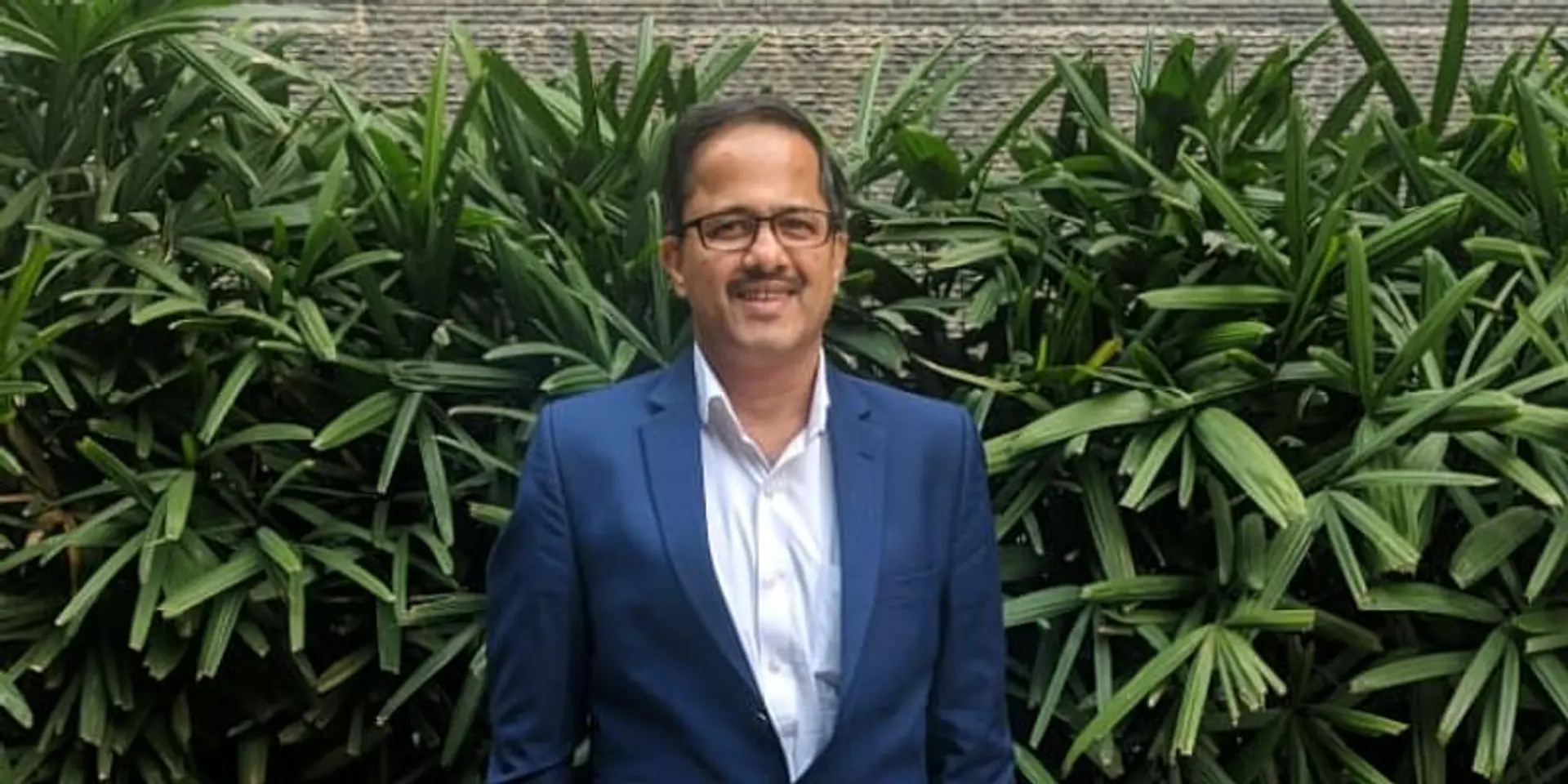We want to serve underserved markets in Tier-II, III cities via our website: Abhishek Goyal of CLS
The junior managing partner of CLS, the lighting solutions vertical of the 100-year-old Chandra Group, talks about the company launching its online presence amid the pandemic, the effect of Atmanirbhar Bharat, and the need to boost manufacturing capabilities.
Chandra Group was founded in 1918 by Seth Shivcharanlal as a hotel in Bangalore, long before the city became the metropolis it is today. Over the years, the company has expanded as much as the city. It has verticals across real estate, interiors, hardware, etc.
SMBStory spoke to Abhishek Goyal, Junior Managing Partner at Chandra Group’s lighting solutions company, Chandra Lamp Shades (CLS), which was started in 1991. The business launched its online presence amid the coronavirus pandemic after operating offline for years.
CLS has 40-50 employees. Abhishek doesn’t disclose the company’s turnover, but says the figure has risen 50 percent from FY19 to FY20.
Edited excerpts from the interview:
SMBStory [SMBS]: Please give us a brief description of the Chandra Group.
Abhishek Goyal [AG]: Chandra Group was started more than 100 years ago by my great grandfather as a hotel called Hotel Chandra Bhavan. Today, the group has six companies under it, including Chandra Lamp Shades (CLS), Chandra Bhavan, Chandra Luminaries & Interiors, Chandra Hardware, and we also have the master franchisee for German brand Deline.
The lighting solutions vertical, CLS, was launched in 1991. It was a natural shift since we were already in the interiors space (Chandra Luminaries & Interiors) and had an existing client base. CLS is run by me, my brother (Devashish Goyal), my father (Devendra Goyal), and two of my uncles (Kushal Goyal and Pankaj Garg). All of them are senior partners in the firm.
Initially, CLS was a dealer for several national and international lighting brands. We had several clients including the likes of and Philips. This went on for about 15-20 years, after which we realised we wanted to establish our own brand.
Almost 10 years ago, we started making our own lampshades leveraging the existing manufacturing facilities and completely stopped dealerships.
SMBS: Did you always want to join the business?
AG: Joining the company was never part of my plan. I have completed two levels of CFA and worked as an investment banker with Goldman Sachs, Springforth Capital Advisors, and Singhi Advisors.
Between 2018 and 2019, I felt I could make some real impact on the company. I saw a lot of scope and growth avenues. I quit my job in June 2019 and joined the family business immediately after.
SMBS: What changes did you bring about after entering the business?
AG: On joining the company, I implemented ERP (enterprise resource planning) systems, , to be specific. Apart from digitising the business, I launched the company’s website, Space Allure, for our B2C customers in November 2020.
SMBS: How has having your own manufacturing units benefited CLS?
AG: The biggest advantage is customisation, and the other is quality. We have a 15,000 sq. ft manufacturing facility in Bommasandra, Bangalore. For the last 10 years, we’ve been focused on manufacturing in-house as much as possible.
Additionally, we source raw materials from countries like Germany and Korea and the domestic market as well. We have an extensive network of partners, suppliers, and original equipment manufacturers.
Finally, creating the products in-house helps significantly in controlling costs. We also provide installation, after-sales, and warranty services.
SMBS: What segments are you catering to?
AG: CLS caters to three categories in the lighting industry: technical or functional lighting, decorative lighting, and outdoor lighting. We produce and sell a host of lights including wall lights, ceiling lights, suspended table lamps, and floor lamps.
CLS functions across B2B and B2C categories. For the B2B vertical, we have worked on several projects with Fortune 500 companies. We also launched Space Allure, a website for our B2C customers in November.
At the moment, we are getting ourselves listed on marketplaces like Amazon and , but function directly throughout the website.
In the offline space, we have one showroom in Bangalore.

Abhishek Goyal, Junior Managing Partner and Devendra Goyal, Senior Managing Partner at Chandra Lamp Shades
SMBS: People are hesitant about buying from new places. What are the strategies you have deployed to combat this?
AG: A lot of people are hesitant to buy from new places. For example, we are getting a good response in terms of traffic on the website: people are spending time on it, but the conversion into sales has been slow.
So, some of the ways to combat this is to increase social media presence, focus more on marketing the products well, and interacting with consumers.
Customers shopping online are very concerned about getting duped. So, we have chosen as our payment gateway.
We also have a dedicated sales team, which we are going to expand in the coming times. We are focused on working closely with customers. There is an option of you (the customer) dropping a note on the website and we will get in touch with you.
SMBS: Do you think India is going to raise the banner of Aatmanirbhar Bharat high?
AG: Yes, I think more and more Indian companies have realised that and have also started increasing their manufacturing capabilities. This holds true not just for Indian companies, but also for bigger international businesses, MNCs, etc.
We have realised that we are at par with China, not just in terms of quality, but also pricing. There are a few products in which India cannot match up to China, but for most of the products, we can. The coronavirus pandemic has also made us realise that we don’t need to rely on imports entirely. We need to focus on our manufacturing ability, bandwidth and scale up.
SMBS: Have you recovered from the impact of the coronavirus pandemic and what are your plans?
AG: The effect of the coronavirus pandemic has been felt both on the demand and supply sides. With a lot of places being shut and supply chains disrupted, the cost of production has increased.
For us, the recovery will be slow as all sectors are not operating at 100 percent capacity, but having a vaccine will definitely help.
Going forward, our plan is to build and grow our B2B and B2C verticals by expanding our dealer network pan-India. Through Space Allure, we want to cater to the underserved markets of Tier-2 and Tier-3 cities, which are otherwise neglected as compared to urban areas.
Edited by Lena Saha










